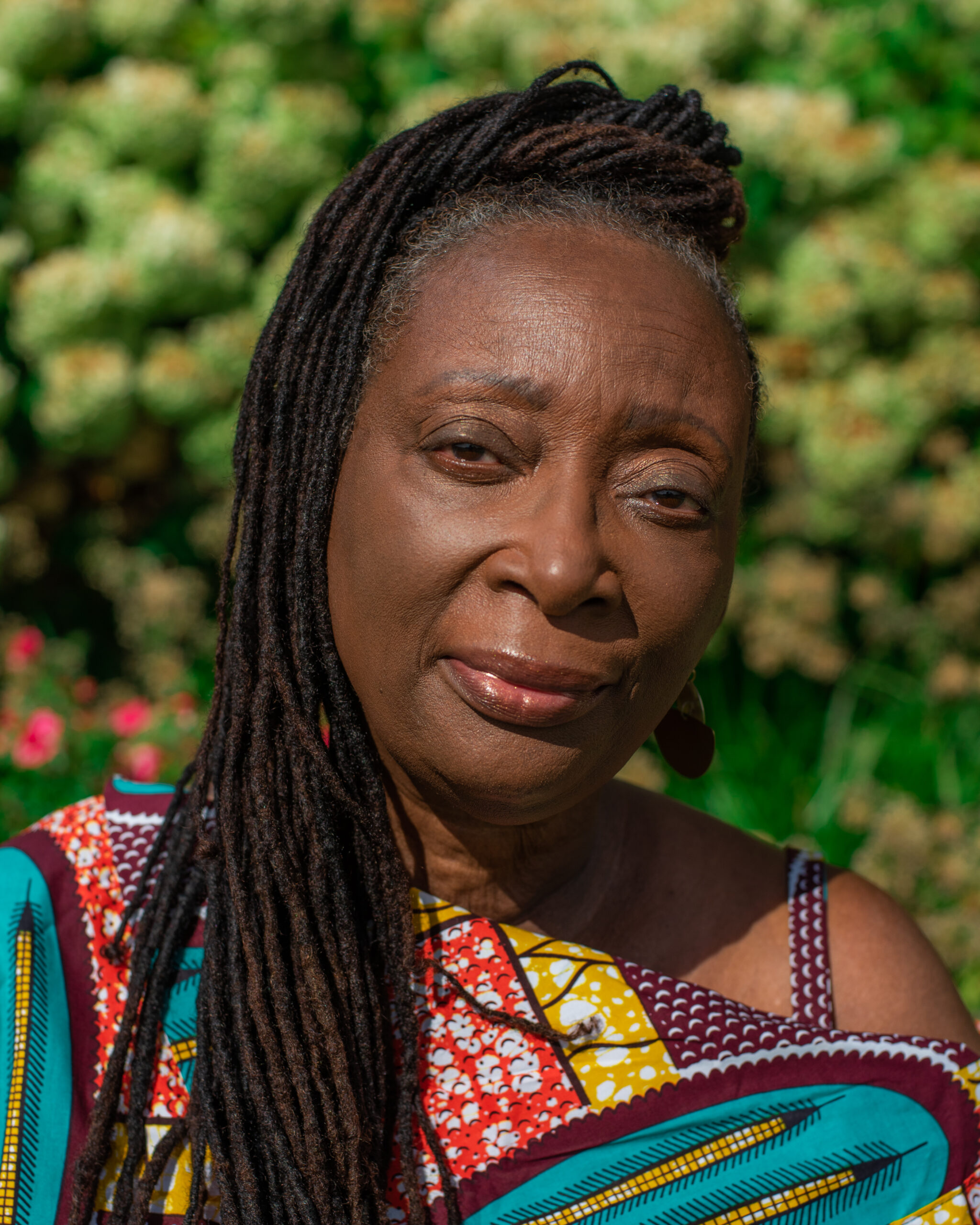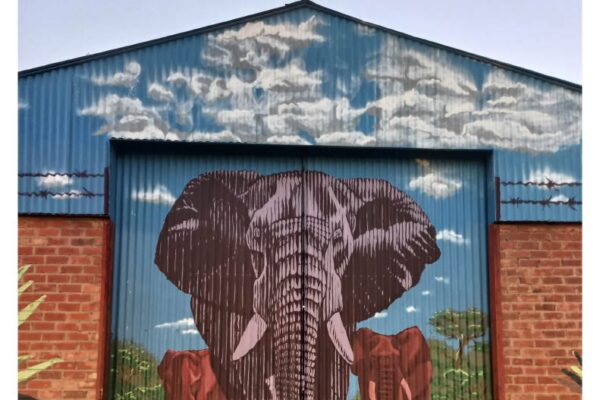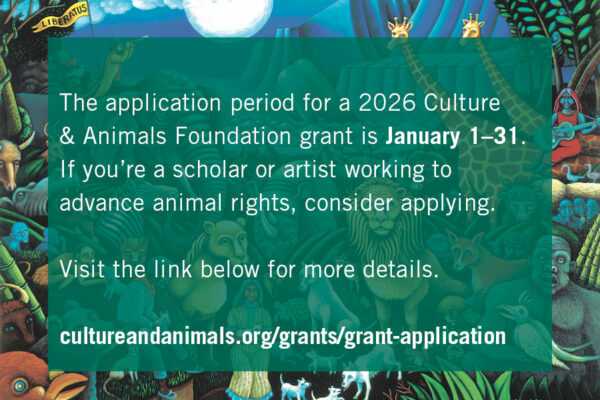Sandra Jackson-Opoku received a grant from the Culture & Animals Foundation to research and write Ellie Mac, Please Come Back!—a children’s book on saving the manatees. Tymesha-Elizabeth Kindell, a 2023 Navab Fellow at CAF, talked to Sandra about her work and her interest in these endangered sea mammals.
Ellie Mac, Please Come Back! blends the passions that have engaged novelist, journalist, and scholar Sandra Jackson-Opoku for many years: writing, environmental justice, marine science, intergenerational knowledge transfer, and advocating for Black environmentalists.
Born and raised in Chicago, Illinois, Sandra received a graduate degree from the University of Massachusetts, Amherst, in Communications and Afro-American Studies, after which she taught literature and creative writing at the University of Miami. The genesis of her book, Sandra told me, came about because of the frequent walks she took with her daughter alongside some of Miami-Dade county’s drainage canals, many of which were constructed in the early 1900s.
These canals serve to channel water around the low-lying region; however, Sandra saw how they compromised the natural ecosystems for wild animals. Among these, were the manatees, also known as sea cows, who were at risk from loss of sea-grass to eat, contaminated canal water, and collisions with all sorts of seacraft—from pleasure boats to commercial vessels—that utilize the canals.
Sandra began to research manatee deaths, and discovered that accidents and pollution weren’t the only cause of stress, injury, and even death for these highly endangered creatures, which now number only 7,500 in the state. For instance, large red algal blooms—the so-called “red tide”—had been decimating manatee populations for forty years, Sandra wanted to understand “the harm environmental change was bringing to such beautiful creatures,” and so began her research.
As she learned more and attended meetings with environmentalists, Sandra noticed how few Black people were in general cited as authorities on the environment, and on the marine environment in particular—especially about manatees. That absence of Black representation came into sharp focus for Sandra when Vanessa Nakate, a young Ugandan climate activist, was cropped out of a photo of other, European, climate activists, at the World Economic Forum in Davos, Switzerland, in January 2020. Sandra believes that Vanessa’s protest about her erasure became “symbolic in the fight for Black inclusion in environmental spaces.” The moment reflected for Sandra how hard it was for Black people to find themselves represented in science and environmental circles, thereby reinforcing the pernicious prejudice that Black people weren’t interested in such things. Then and there, Sandra resolved to write a book to foster a space for Black children to become involved in science, and marine science in particular. The result is Ellie Mac, Please Come Back!
As it happened, Sandra’s concern about the absence of Black faces and voices in this field was shared by others. Sandra came across Black in Marine Science, whose mission is “to celebrate Black marine scientists, spread environmental awareness and inspire the next generation of scientific thought leaders.” Sandra became very involved in the organization, and as a consequence, has decided that royalties from Ellie Mac, Please Come Back! will go to the nonprofit. Sandra hopes that the encouragement and support she received in her research can be extended to the generations that follow her—including the Black girls like Vanessa Nakate who’d been cut out of photos.
For Sandra, this generational transfer of opportunity and knowledge doesn’t just work from elders to youth. When she was on vacation with her family in the Bahamas, she and her husband arrived at a beachfront seafood shack. Although Mom and Dad were content to order what was on the menu, their children insisted on going elsewhere. “This restaurant serves the queen conch,” Sandra’s son said. “That’s an endangered species.”
The moment crystallized for Sandra the recognition that insight and moral development work both ways. Her son’s awareness about the environment had caught Sandra off-guard; she’d had no idea the queen conch was endangered. Her son’s commitment reinforced Sandra’s belief not only that the next generation was more environmentally aware than hers had been at that age, but how essential it was to expose more children of color to this knowledge and empowerment.
While I was speaking with Sandra, I felt encouraged to pursue environmental studies. Many times, I am the only Black person in my class, and my classmates do not understand the challenges I face as a Black woman. Sandra’s involvement in environmentalism shows me it is absolutely possible to flourish in the environmental studies despite the limited representation for people of color in the field. Sandra serves as a beacon of light for myself and other young Black girls, and I hope to encourage others just as Sandra has encouraged me.
Tymesha-Elizabeth Kindell is a rising senior at Columbia University, where she is majoring in History and Sustainable Development. She lives in Atlanta, Georgia.




